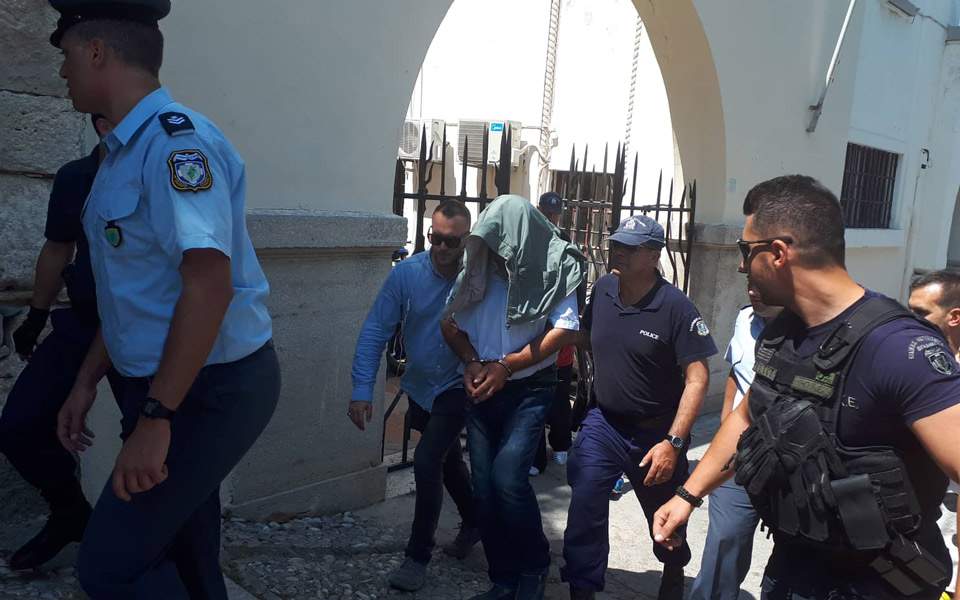Guilty silence

As a nation, we talk a lot and have an opinion about everything. But the issue of domestic violence is rarely the subject of public debate. It is highlighted by the media when there is an incident – like the one on Leros this week – and then it falls by the wayside when it is no longer newsworthy. But does it really lose its newsworthiness?
Doors and windows are slightly opened, the news teams capture appalling stories, and makeshift courts of the people are set up as the culprits are led to the investigating magistrates. Some are applauded (because they killed the father-rapist), while others are heckled (because they abused their children). Experts on psychological health are asked about it and they provide their answers. And then there is silence.
The doors and windows are shut again. The neighbors neither saw or heard anything while the local community “doesn’t meddle in the family affairs of others” and so the problem remains and gets bigger – as the news teams suggest every time a new incident becomes known.
The shortcomings of the welfare state are highlighted, prosecutors are sometimes accused of not doing their job properly, while the police present disheartening statistics about domestic violence, rape victims, and minors who are abused by people within their family circle.
However, the numbers are misleading.
The figures of 2018 may be lower than those of 2016. But how many incidents are actually reported? How many of these unreported incidents lead to mental problems or criminal behavior in adult life?
The consequences of physical abuse never remain “a secret” or “silent,” not to mention the debilitating impact of psychological or verbal abuse on children that impedes their normal development. Mental illnesses – like all problems in Greece – are only publicized when a disaster occurs. In the meantime, everything appears normal in a society and a state that appears reconciled with all manner of distortions.
The father who was allegedly abusing his children in the Leros case was a civil servant employed at the island’s psychiatric hospital. The Greek state – not just society – provided him cover.
We do indeed talk too much. And the substance of the issue is lost in all the noise. This is also a form of self-protection, a way to bypass the void and the country’s bankruptcy.




